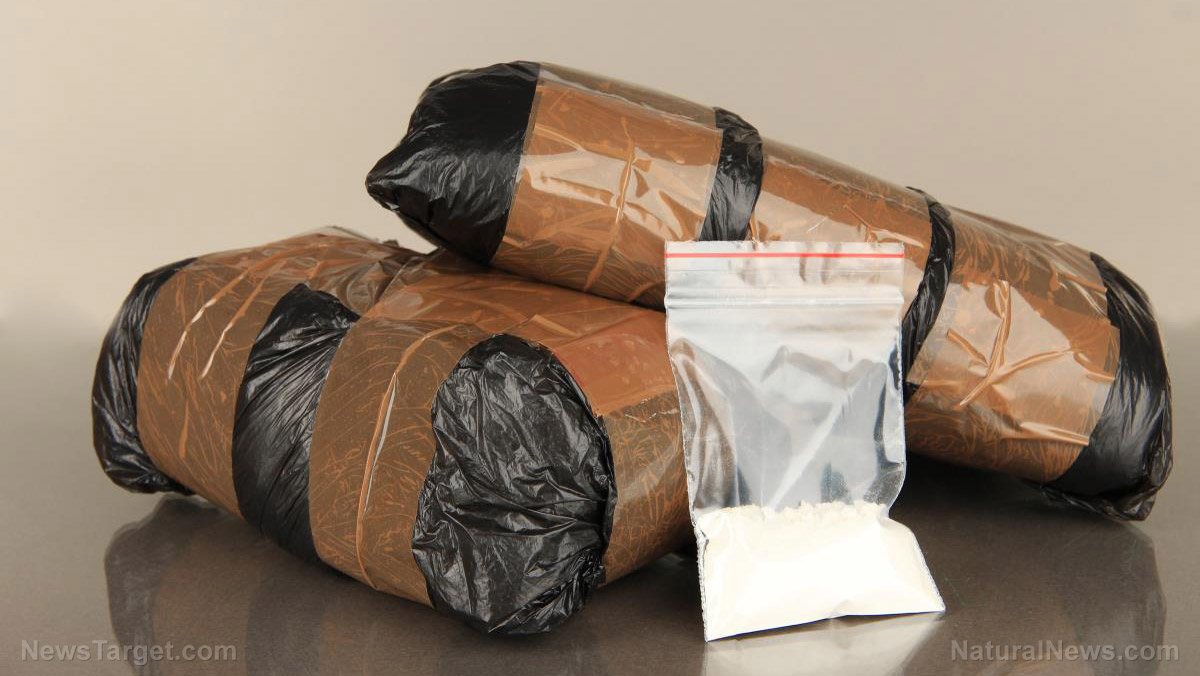- The U.S. Treasury Department sanctioned six individuals (four Guyanese, two Colombians) on June 5 for overseeing a major cocaine smuggling network from South America to the U.S. and Europe.
- Sanctioned Guyanese nationals allegedly bribed officials in the country, while active and former police officers facilitated trafficking through remote border zones.
- Weak governance, porous borders and corruption make Guyana a strategic route for cartels using narco-submarines, boats and clandestine airstrips – some managed by the sanctioned Colombians.
- The Sinaloa Cartel, designated a Foreign Terrorist Organization, operates in Guyana, using trademarks like Toyota-branded cocaine packages. Recent seizures (e.g., 4.4 tons near an airstrip) highlight persistent challenges.
- While freezing assets and banning transactions, critics argue deeper systemic issues like corruption and evolving cartel tactics require more than sanctions to disrupt supply chains effectively.
The U.S. Department of the Treasury (USDT) has sanctioned six individuals involved in cocaine smuggling from South America to the U.S. and Europe.
The USDT’s Office of Foreign Assets Control announced the sanctions on June 5, targeting four Guyanese nationals and two Colombians. The six individuals reportedly oversaw a vast cocaine smuggling network, according to a press release published that day.
Guyanese nationals Paul Daby Jr. and Randolph Duncan were described as leaders of the country’s largest drug trafficking organization. According to the USDT press release, they also allegedly bribed Guyanese officials to facilitate their illegal operations.
Mark Cromwell, a former officer of the Guyana Police Force (GPF), was described as a “violent drug trafficker” wanted by the law for his connection to the 2024 abduction of another former GPF member. Meanwhile, active-duty GPF officer Himnauth Sawh was accused of facilitating safe passage for Colombian and Venezuelan traffickers through Guyana’s remote Region One, a hotly contested border zone with Venezuela.
Colombians Yeison Andres Sanchez Vallejo and Manuel Salazar Gutierrez were also sanctioned by the Treasury Department. The duo were assigned to manage clandestine airstrips used to transport cocaine via aircraft.
Cartels exploit Guyana’s weak borders and corruption
The sanctions highlight Guyana’s emergence as a critical transshipment point, exploited by cartels and corrupt officials. They also raise questions about the effectiveness of U.S. border security amid record drug seizures.
Guyana’s strategic vulnerability – evidenced by its porous borders, weak state presence and alleged corruption – have made it a preferred route for traffickers moving cocaine via narco-submarines, boats and aircraft. Given this, Mexican cartels have entrenched themselves in the region.
The Sinaloa Cartel, which the U.S. Department of State designated as a Foreign Terrorist Organization in February of this year, has had a president in Guyana for some time now. The USDT press release cited a case in March, where cocaine packages stamped with the logo of Japanese car manufacturer Toyota were found on a Guyanese cargo ship intercepted in Trinidad and Tobago. The Sinaloa Cartel uses the Toyota logo as a trademark for its cocaine. (Related: UN report: Cocaine smuggling and production increase amid growing demand for illicit substances.)
Historical context reveals a long-standing pattern. For decades, Guyana has been flagged as a narcotics transit hub, with U.S. and Guyanese authorities seizing multi-ton shipments in recent years.
In August 2024, a joint operation uncovered 4.4 tons of cocaine buried in underground bunkers near a secret airstrip in Region One. Despite these efforts, the 2025 State Department International Narcotics Control Strategy Report cited corruption as a major obstacle to Guyana’s anti-trafficking efforts.
Deputy Treasury Secretary Michael Faulkender framed the sanctions as part of a broader crackdown. “[The] Treasury [Department] will continue to expose the criminal networks that allow drugs to be trafficked into the U.S.,” he said. The sanctions freeze U.S.-based assets and prohibit transactions with the designated individuals, though critics argue such measures alone may not dismantle deeply entrenched networks.
As U.S. agencies collaborate with Guyanese authorities, the latest sanctions signal a renewed focus on disrupting supply chains. Yet with cartels evolving and corruption persisting, the battle to stem the flow of cocaine and the violence it fuels remains far from over.
Watch this Newsmax report about the Mexican Navy seizing over 3,000 pounds of cocaine from cartels.
This video is from the NewsClips channel on Brighteon.com.
More related stories:
U.S. imposes stiff sanctions on Iran oil buyers as nuclear talks linger amid heightened tensions.
Biden sanctions Iranian tech company for censorship while pushing domestic censorship on U.S. citizens.
Treasury Dept. sanctioning “Russian-backed” news outlets for “advancing false narratives”; Are U.S. alternative news sites next?
Sources include:
TheEpochTimes.com
Home.Treasury.gov
Brighteon.com
Read full article here


